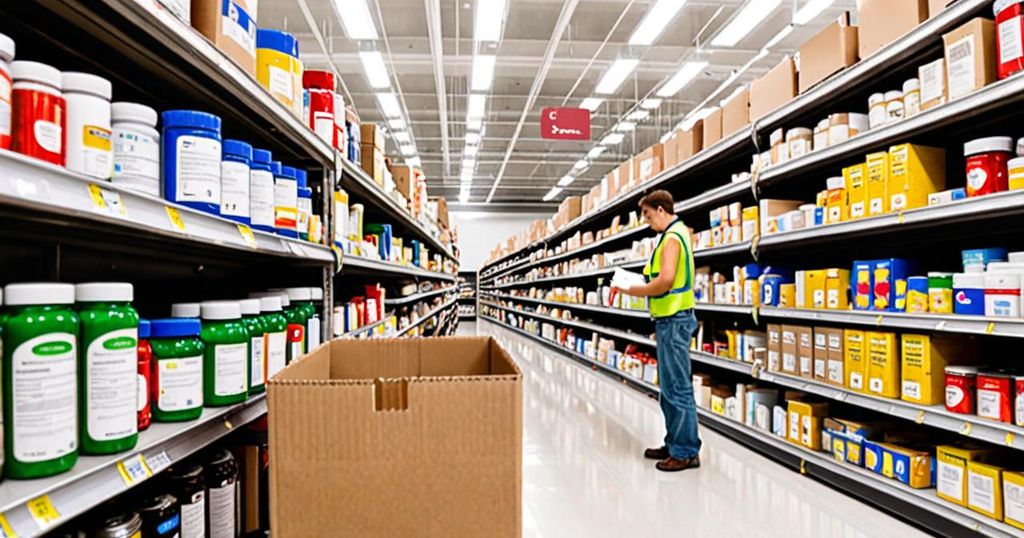Food recalls are a significant concern for any food company, as they can result in substantial financial losses and damage to the trust of consumers and buyers. While the primary focus should be on preventing recalls through the production of safe food, understanding the reactive cost of a recall can provide valuable perspective on the proactive cost of prevention. By examining the expenses involved and potential damage, upper management can make informed decisions based on business risk.
A study by the Grocery Manufacturers Association over a decade ago reported an average recall cost of $10 million. However, this study had limitations, as it was based on responses from only a few large CPG companies, none of which were in the fresh produce industry. In an effort to capture similar information relevant to the produce industry, the International Fresh Produce Association (IFPA) collaborated with iDecision Sciences, LLC to conduct a recall survey and published a synopsis of the results.
Dr. Jennifer McEntire of Food Safety Strategy, LLC, who was involved in the survey, highlighted the distinction between a food recall and a foodborne outbreak. While the two are often related, outbreaks occur when people become ill from consuming a common food, potentially leading to a recall once the source of the contamination is identified. Not all recalls are equal, with the US Food and Drug Administration (FDA) classifying them as Class I, Class II, or Class III, with Class I recalls posing the most serious health risks.
The cost of a recall can be significantly higher if it involves illnesses, as well as other factors such as the scope, amount of product, and expenses related to managing the recall, including customer reimbursements and increased publicity.
The IFPA report indicates that the average cost of recalls has decreased over the past 12 years, with the survey reporting an average cost of less than a million dollars. However, it’s important to note that the demographics of the companies in the GMA and IFPA surveys were different, which may have contributed to variations in the reported costs.
To minimize the cost of a recall, companies invest in preventative systems and recall insurance, while also focusing on efficient recall management through worker training and industry support networks.
In conclusion, while the goal is to prevent recalls, it’s crucial for food companies to be prepared to handle recalls with efficiency and limited financial damage. By investing in preventative measures, training, and building a support network, the food industry can work together to minimize the negative impact of recalls. Companies must understand the cost implications, be prepared for the possibility of a recall, and know where to turn for assistance when needed.



